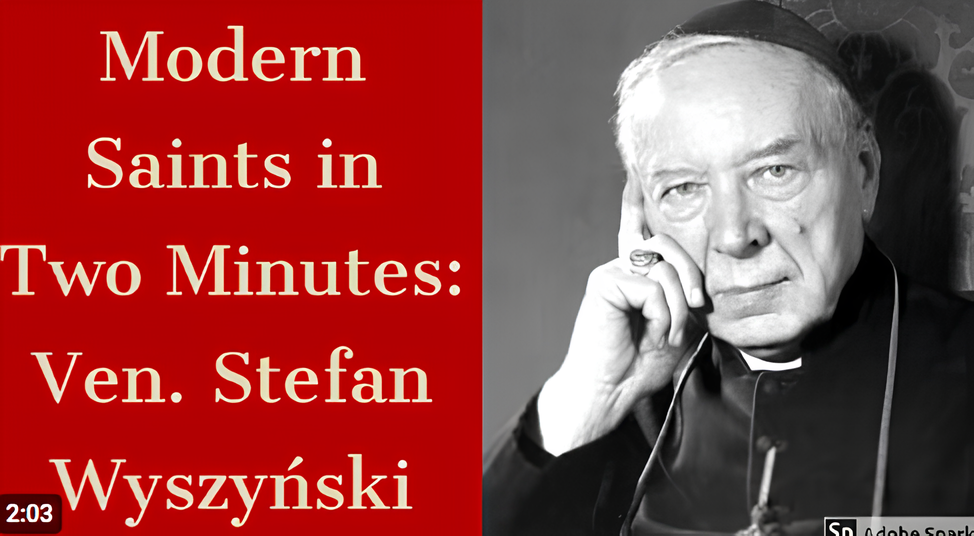Understanding what qualifies someone as a modern saint is crucial before delving into their stories. While traditional saints are often canonized by religious institutions, modern saints can be recognized for their extraordinary compassion, selflessness, and commitment to bettering the world. These individuals may not have gone through formal canonization processes, but their actions speak volumes about their saintly nature.
Beyond Religious Canonization
Modern saints are not confined to religious definitions or processes. Unlike traditional saints who are often associated with miraculous deeds and religious institutions, modern saints are celebrated for their profound impact on society. Their contributions may span various fields, including social justice, environmental conservation, and peacebuilding, reflecting a broader interpretation of sainthood.
Universal Values and Virtues
At the core of modern sainthood are universal values and virtues that transcend cultural and religious boundaries. These individuals embody qualities such as compassion, empathy, and integrity, which resonate with people from all walks of life. Their lives serve as a testament to the enduring power of these virtues in creating meaningful change.
Inspiring Action and Change
Modern saints inspire action and change through their exemplary lives. Their stories highlight the potential for individuals to make a difference, regardless of their circumstances. By embodying virtues such as courage and perseverance, they challenge us to reflect on our own lives and consider how we can contribute positively to the world.
Saints of Social Justice
Modern saints of social justice have dedicated their lives to fighting for equality and uplifting marginalized communities. Their unwavering commitment to justice and human rights has left an indelible mark on society.
Mother Teresa: A Mission of Love
Mother Teresa, born Agnes Gonxha Bojaxhiu, is one of the most celebrated modern saints. Known for her work among the poorest of the poor in Kolkata, India, she founded the Missionaries of Charity, an organization dedicated to serving the sick, orphaned, and dying. Her unwavering dedication to helping those in need earned her the Nobel Peace Prize in 1979.
Mother Teresa’s legacy teaches us the importance of compassion and selfless service. Her life reminds us that even small acts of kindness can have a profound impact on those around us. Through her actions, she demonstrated that love and care are powerful tools for social change, encouraging others to follow in her footsteps.
Her influence extends beyond her immediate community, inspiring global initiatives focused on poverty alleviation and humanitarian aid. Mother Teresa’s approach to service emphasizes the dignity of every human being, urging us to see beyond societal labels and divisions.
Martin Luther King Jr.: A Dream of Equality
Martin Luther King Jr. is revered as a modern saint for his leadership in the American civil rights movement. Advocating for racial equality through nonviolent resistance, King played a pivotal role in ending legal segregation in the United States. His famous “I Have a Dream” speech remains a powerful call for justice and equality.
King’s life exemplifies courage and perseverance in the face of adversity. His dedication to civil rights serves as a reminder that standing up for what is right can lead to transformative change. His nonviolent approach inspired countless others to pursue justice without resorting to violence, leaving a legacy of peaceful resistance.
Beyond civil rights, King’s vision encompassed a broader struggle for economic justice and peace. His work highlights the interconnectedness of social issues and the need for comprehensive solutions that address the root causes of inequality.
Saints of Environmental Stewardship
In an era of environmental challenges, modern saints of environmental stewardship have emerged as guardians of our planet. Their work emphasizes the importance of conservation and sustainable practices.
Jane Goodall: Guardian of the Chimpanzees
Jane Goodall’s groundbreaking research on chimpanzees in Tanzania has made her a modern saint in the field of environmental conservation. Her work has increased our understanding of primate behavior and highlighted the need for wildlife conservation. Through the Jane Goodall Institute, she continues to advocate for the protection of endangered species and their habitats.
Goodall’s passion for conservation teaches us the importance of respecting and preserving the natural world. Her commitment to environmental stewardship inspires us to take action to protect our planet. By promoting education and awareness, she empowers individuals and communities to become active participants in conservation efforts.
Her holistic approach to conservation emphasizes the interdependence of all living beings, fostering a sense of responsibility towards the environment. Goodall’s work serves as a reminder of the urgent need to address environmental issues for the sake of future generations.
Wangari Maathai: Planting Seeds of Change
Wangari Maathai, a Kenyan environmentalist and political activist, is another modern saint who has left a lasting impact. As the founder of the Green Belt Movement, she mobilized communities to plant millions of trees, combating deforestation and promoting sustainable development. In 2004, she became the first African woman to receive the Nobel Peace Prize.
Maathai’s work demonstrates the power of grassroots activism and the importance of caring for the environment. Her legacy encourages us to take responsibility for our ecological footprint and work towards a more sustainable future. By empowering women and local communities, she highlighted the role of collective action in achieving environmental goals.
Her vision extended beyond environmental conservation, addressing issues of social justice and women’s empowerment. Maathai’s holistic approach underscores the interconnectedness of environmental and social challenges, advocating for solutions that benefit both people and the planet.
Saints of Peace and Reconciliation
Modern saints of peace and reconciliation have shown that healing and unity are possible even in the most divided societies. Their lives serve as powerful examples of forgiveness and peacemaking.
Nelson Mandela: A Journey to Freedom
Nelson Mandela’s life is a testament to the power of forgiveness and reconciliation. After spending 27 years in prison for opposing apartheid, Mandela became South Africa’s first black president and worked tirelessly to unite a divided nation. His leadership and commitment to peace earned him the Nobel Peace Prize in 1993.
Mandela’s story teaches us the value of forgiveness and the importance of striving for unity in the face of division. His legacy reminds us that true leadership involves healing and bringing people together. By prioritizing dialogue and understanding, he demonstrated that reconciliation is a path to lasting peace.
His vision for a “Rainbow Nation” emphasized inclusivity and equality, inspiring global movements for peace and justice. Mandela’s approach to leadership challenges us to prioritize empathy and compassion in our interactions with others.
Mahatma Gandhi: The Champion of Nonviolence
Mahatma Gandhi, known as the father of India, is a modern saint celebrated for his philosophy of nonviolent resistance. His leadership in the struggle for Indian independence from British rule inspired movements for civil rights and freedom across the world. Gandhi’s principles of nonviolence, or “ahimsa,” continue to influence activists today.
Gandhi’s life exemplifies the power of nonviolence and the strength of moral conviction. His teachings encourage us to pursue justice through peaceful means and to stand firm in our beliefs. By emphasizing the importance of self-discipline and inner strength, he showed that change can be achieved without resorting to violence.
His legacy extends beyond political independence, promoting social and economic equity. Gandhi’s holistic vision for society advocates for harmony between individuals, communities, and the environment, inspiring generations to work towards a more just world.
The Impact of Modern Saints
The lives of modern saints offer profound lessons for our contemporary world. Their stories inspire us to act with compassion, courage, and integrity. While not all of us may achieve the same level of recognition, we can strive to emulate their virtues in our daily lives.
Lessons in Compassion and Courage
Modern saints teach us the importance of compassion and courage in the face of adversity. Their lives demonstrate that acts of kindness and bravery can lead to significant social change. By following their examples, we can cultivate a more compassionate and just society, one small act at a time.
Emulating Virtues in Daily Life
While we may not all become renowned figures, we can incorporate the virtues of modern saints into our daily lives. Whether through volunteering, advocating for justice, or promoting environmental sustainability, we have the power to make a difference. Their stories challenge us to live with purpose and contribute positively to the world around us.
Inspiring a Global Movement
The legacy of modern saints extends beyond individual actions, inspiring global movements for justice, peace, and environmental stewardship. Their stories remind us of our collective responsibility to create a better world for future generations. By honoring their legacies, we are motivated to work towards a more just, compassionate, and peaceful global community.
In conclusion, exploring the lives of modern saints provides a source of inspiration and guidance in our journey through life. Their stories challenge us to live with purpose and to contribute positively to the world around us. As we honor their legacies, let us strive to embody the virtues they exemplified and work towards a more just, compassionate, and peaceful world.



